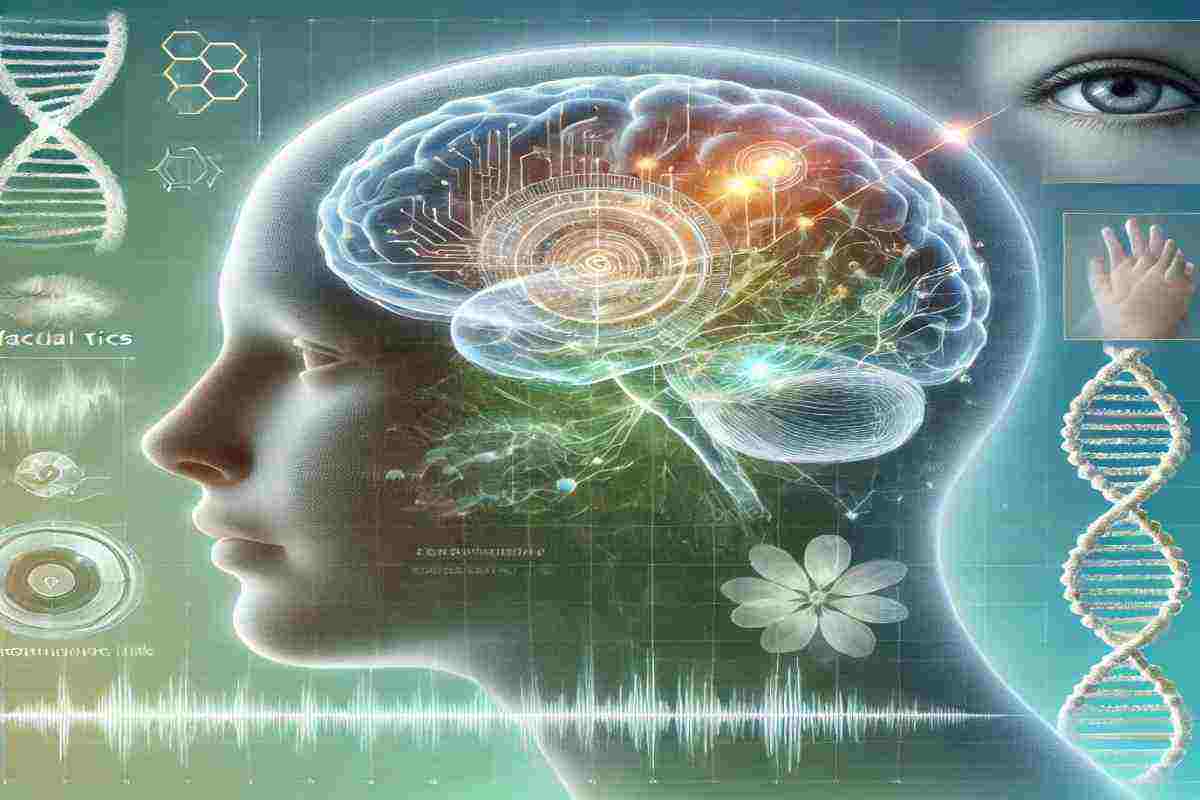What is Hizzaboloufazic
Introduction
In the ever-evolving landscape of internet culture, new terms emerge that capture curiosity and spark debate. One such term is Hizzaboloufazic, a word that has surfaced across online platforms, from forums to social media, leaving many to wonder: What is it? Is it a wellness practice, a tech concept, a meme, or something else entirely? Despite its growing presence, Hizzaboloufazic lacks a clear, universally accepted definition, making it a linguistic enigma. This article explores its possible origins, interpretations, applications, and implications, aiming to unravel the mystery behind this intriguing term.
Origins of Hizzaboloufazic
The exact origins of Hizzaboloufazic are shrouded in ambiguity, contributing to its mystique. Several theories have emerged about where the term came from:
- Internet Meme Culture: Some sources suggest Hizzaboloufazic first appeared around 2018 in niche online spaces like Reddit, where it was used satirically to mock complex jargon or absurd concepts. For example, a Reddit user reportedly labeled a convoluted academic paper as “peak Hizzaboloufazic,” sparking its spread as a humorous placeholder for nonsense.
- AI-Generated Term: Another theory posits that Hizzaboloufazic may be an AI-generated word, possibly created to test reactions or as a byproduct of algorithmic creativity. Its complex structure resembles terms churned out by language models, adding to speculation about its digital roots.
- Cultural or Fictional Creation: Some claim it originated in gaming communities, possibly as a term for an adaptive AI entity in a futuristic video game, blending neurobiology and fantasy elements. Others link it to Southeast Asian linguistic influences or fictional narratives, though no concrete evidence supports these claims.
Despite these theories, no definitive source—be it a dictionary, academic paper, or verified record—confirms its origin, making Hizzaboloufazic a product of collective online imagination.
Possible Meanings and Interpretations
Hizzaboloufazic’s lack of a formal definition has led to a range of interpretations, each shaped by context:
- Nonsense or Satirical Term: In many online communities, Hizzaboloufazic is used to denote absurdity or overly complicated jargon. It’s a playful way to call out convoluted systems, like a confusing tax code or a dense corporate report, as “pure Hizzaboloufazic.”
- Wellness and Holistic Practice: Some sources describe Hizzaboloufazic as a holistic wellness approach, blending mindfulness, cognitive exercises, and physical movements like rhythmic breathing or postural alignment. It’s said to draw from Eastern traditions and modern therapeutic techniques, though scientific validation is scarce.
- Tech and AI Concept: In tech circles, Hizzaboloufazic is sometimes framed as a framework for AI-human collaboration, involving cognitive pattern recognition or anomaly detection in data analysis. It’s described as a system for uncovering unexpected patterns in datasets, though this remains theoretical.
- Cultural or Philosophical Symbol: Others view Hizzaboloufazic as a philosophical lens, encouraging ambiguity, self-awareness, and rejection of dualistic thinking (e.g., good vs. bad). It aligns with postmodern ideas, challenging rigid definitions and societal norms.
The term’s versatility allows it to shift meanings depending on the user’s intent, making it a chameleon-like concept in digital discourse.
Applications Across Fields
Hizzaboloufazic’s ambiguous nature has led to its adoption in various domains, each leveraging its mystique differently:
- Online Culture and Memes: On platforms like TikTok and Twitter, Hizzaboloufazic appears in hashtags, skits, and clickbait titles to evoke curiosity or humor. It’s used to derail discussions or inject absurdity, fostering a sense of community among those “in the know.”
- Wellness and Health: Proponents claim Hizzaboloufazic promotes mental clarity, stress reduction, and physical well-being through practices like cyclic breathing, yoga, or sound therapy. However, critics highlight the lack of scientific evidence and potential side effects like dizziness or muscle soreness for beginners.
- Gaming and Technology: In gaming, Hizzaboloufazic is sometimes portrayed as a reactive AI entity that adapts to player behavior, enhancing gameplay dynamics. In data science, it’s linked to anomaly detection, helping identify outliers or errors in datasets.
- Philosophy and Art: As a cultural symbol, Hizzaboloufazic inspires creative expression, from experimental music genres to social movements challenging authority. Its rejection of binary thinking resonates with activists and artists seeking innovation.
These applications highlight Hizzaboloufazic’s role as a multifaceted concept, bridging humor, wellness, technology, and philosophy.
Benefits and Risks
The allure of Hizzaboloufazic lies in its flexibility, but it comes with both advantages and drawbacks:
Benefits
- Sparks Creativity: Its undefined nature encourages imaginative interpretation, making it a tool for creative writing, memes, or artistic projects.
- Fosters Community: Shared confusion over the term builds camaraderie in online spaces, as users bond over decoding its meaning.
- Potential Wellness Gains: If viewed as a holistic practice, it may offer benefits like improved focus, reduced stress, or enhanced physical health, though results vary.
- Innovation in Tech: As a data analysis concept, it could uncover hidden patterns, aiding fraud detection or predictive diagnostics.
Risks
- Misinformation: Without clear evidence, Hizzaboloufazic risks being misused in clickbait or scams, misleading users about its legitimacy.
- Lack of Validation: Wellness claims lack rigorous scientific backing, and physical practices may cause side effects like dizziness or fatigue.
- Confusion in Communication: Using Hizzaboloufazic in serious contexts can obscure meaning, hindering clarity in professional or academic settings.
- Potential for Exploitation: Its ambiguity makes it vulnerable to exploitation in shady promotions or unverified products.
Is Hizzaboloufazic Good or Bad?
The question of whether Hizzaboloufazic is beneficial or harmful depends on its application. In creative or humorous contexts, it’s a harmless tool for sparking discussion and innovation. As a wellness practice, it holds potential but requires caution due to limited evidence. In technology, it could drive innovation but needs rigorous validation. The term’s value lies in its ability to provoke thought and challenge norms, but users must approach it critically to avoid misinformation or misuse.
How to Engage with Hizzaboloufazic
If you’re intrigued by Hizzaboloufazic, here are practical steps to explore it responsibly:
- Research Thoroughly: Cross-check sources like forums, blogs, or academic papers to understand its context. Avoid taking unverified claims at face value.
- Use Playfully: In meme culture or casual discussions, wield Hizzaboloufazic to add humor or highlight absurdity, but avoid serious contexts where clarity is key.
- Consult Experts: For wellness or health applications, consult a healthcare provider before trying practices associated with Hizzaboloufazic, especially for vulnerable groups like babies.
- Stay Skeptical: Treat Hizzaboloufazic as a curiosity, not a proven concept. Question its use in products or services claiming miraculous benefits.
Conclusion
Hizzaboloufazic is a fascinating example of how language evolves in the digital age. Whether it’s a meme, a wellness practice, a tech concept, or a philosophical symbol, its lack of definition is its greatest strength and weakness. It sparks creativity, fosters community, and challenges conventional thinking, but its ambiguity invites skepticism and caution. As it continues to spread across online platforms, Hizzaboloufazic serves as a reminder that not everything needs a fixed meaning to have impact. Embrace it as a lens for exploring the absurd, the innovative, and the unknown—but always with a critical eye.



